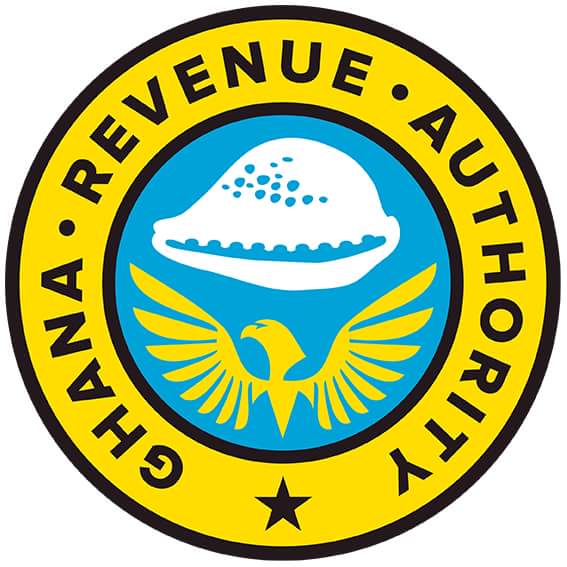A Deputy Commissioner of the Customs Division of the Ghana Revenue Authority in charge of Ethics and Good Governance, Alhaji Seidu Iddrisu Iddisah, has bemoaned the growing spate of political insecurity in the West African sub region, hinting that they may have a dire impact on cross border trading.
Speaking on the Eye on Port program, he said, the ongoing political upheavals add up to existing security threats such as maritime piracy and kidnapping, extremism, illegal bunkering, drugs and arms trafficking, and cyber security threats.
According to him, the total impact of these security threats is sabotaging regional integration efforts.
“West Africa as a subregion is an economic unit. Certain protocols have been passed and rules, procedures put in place to facilitate trade. Normally, when there are coup d’états, countries pay attention to regime survival rather than implementing some of these protocols. For instance, the coup in Mali has made ECOWAS suspend the country. This suspension means all the cooperation that existed will end. And with goods not destined for Mali, but using the corridors of Mali, trade would be affected,” Alhaji Seidu explained.
He explained that, while the incidence of such activities is relatively lower in Ghana, the rippling effect of insecurity within neighboring countries on Ghana’s trading environment cannot be overlooked.
“These threats hinder the movement of goods to and from Ghana because Ghana plays an important role in the transit trade. With our neighboring countries suffering from political and economic instability, trade volumes decline,” the Deputy Commissioner expressed.
The top customs official has however underscored the need to strengthen international and intra-national cooperation with various national security agencies and non-governmental agents participating in cross border trade.
He admitted to the inadequate systems across borders to check smuggling and trafficking of contrabands, and called for urgent attention, in the light of ongoing insecurities.
He also revealed the objectives of the Integrated Cross Border Management his outfit has embarked on in collaboration with sister agencies.
“We are working with Immigration, NIB, NARCOB and the Police. Aside collaborating among ourselves, we are also now working with non-governmental agencies because they have a lot of information and expertise to help us identify some of these border threats. We are also going to work closely with traditional border residents because they have a peculiar but useful perspective on border security. They will be of so much help.”
Alhaji Seidu Iddisah also disclosed that the Customs Division of the Ghana Revenue Authority is collaborating with the US government to enhance the capacity of the former to stay abreast with modern border management.
He also called for the adoption of an effective railway system within the West African trade routes due to its enormous benefits.
“Railway is the best way of transporting goods on transit; infiltrations and diversion are avoided. Other regional blocs like East Africa are doing that and it has solved a lot of its problems,” Alhaji Seidu recommended.
The Deputy Commissioner also touched on the benefits of the joint border post introduced at Akanu Noepe.
He said, “Aflao has become what we call a ticking time bomb due to the congestion there. It is a vulnerable place for insecurities. Akanu is just a short distance from Aflao. Our intention is that all the transit and commercial cargoes go through there while we leave Aflao for headload traders and passengers. With that the security risk is reduced at Aflao, while trade is facilitated due to the one top joint border post at Akanu.”





